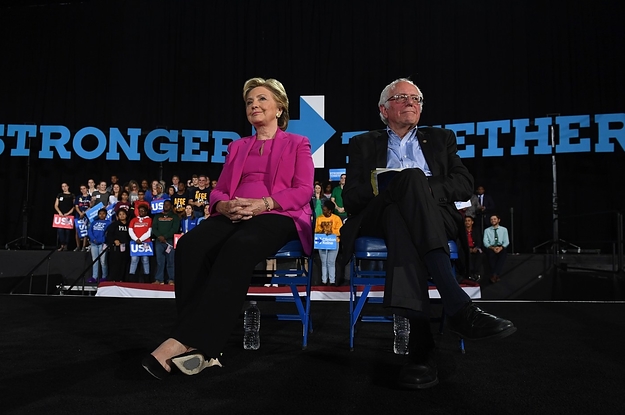In a momentous vote that reverberated across the political landscape, the Democratic National Committee (DNC) enacted a resolution on Saturday to strip Florida of its 210 delegates for the upcoming presidential nomination. This decision was prompted by allegations that the state had contravened the party’s long-standing rules regarding the timing of the primaries, a contentious issue that has spurred debates about electoral integrity and party unity.
The genesis of this conflict roots itself in Florida’s decision to hold its primary earlier than the DNC-sanctioned calendar permits. Despite the potential for voter enthusiasm, this premature scheduling has led the party to view such actions as a threat to the equitable allocation of delegates across all states. The ramifications of this decision extend beyond mere numbers; they challenge the very essence of democratic participation and representation.
In practical terms, losing 210 delegates represents a significant handicap for any candidate seeking the Democratic nomination, as Florida is a populous swing state with a substantial electorate. Historically, its delegates have been pivotal in shaping the nomination process due to their large voting bloc and diverse demographic representation. By removing these delegates, the DNC not only diminishes Florida’s influence but also sends a stark warning to other states about the importance of adhering to party regulations.
This action has sparked outrage among Florida’s political elite and grassroots activists alike. Community leaders argue that disenfranchising an entire state undermines participatory democracy. They contend that voters should not be penalized for their state’s decisions. This sentiment was echoed in various responses that criticized the DNC’s approach as heavy-handed and detrimental to electoral engagement. In lieu of punishment, some proposed alternative measures that would ensure accountability without alienating voters.
The implications of the vote are manifold. For one, candidates vying for the Democratic nomination must pivot their strategies to accommodate this new reality, potentially overlooking vast swathes of support. Additionally, this move may fuel feelings of discontent among Floridians, ultimately affecting voter turnout in the general election.
Looking ahead, the DNC’s decision beckons questions regarding the balance of power within the party and its ability to maintain cohesion amidst a fractious political environment. Moreover, it poses a challenge to Democrat candidates forced to navigate a fractal voter landscape where loyalty and local sentiments play a crucial role. If the party is to maintain a unified front, it will require earnest dialogue and reparative steps to engage those who feel marginalized by recent actions.
Ultimately, the stripping of Florida’s delegates serves as a microcosm of the broader tensions in American electoral politics, where the pursuit of coherence often clashes with the necessity of inclusivity. As the primaries approach, both party leaders and candidates must grapple with the ramifications of this decision, striving to strike a balance that retains the essential fabric of democracy while adhering to the rule of law.
